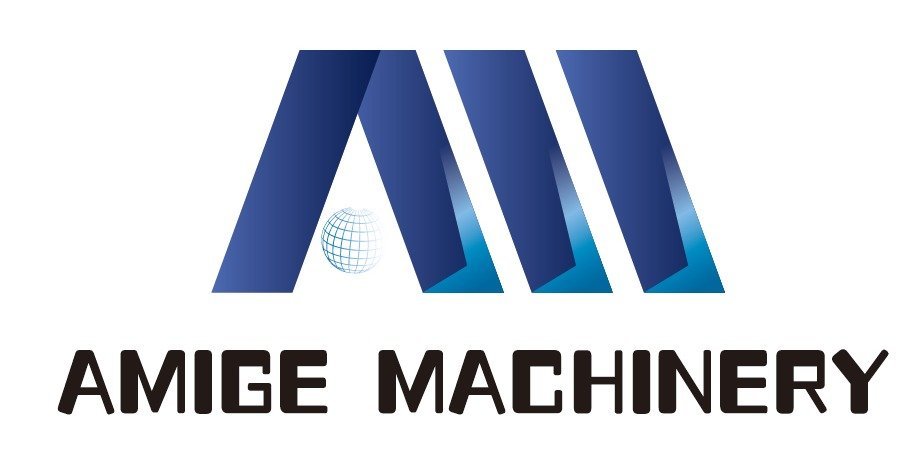Trash is piling up. Rivers are choking on plastic. And governments are scrambling to respond. Sound familiar? That’s exactly what’s happening in parts of South America. I’ve walked through recycling plants in Brazil, Colombia, and Argentina that looked more like scrapyards than modern waste facilities. People want change—but the systems aren’t keeping up. The gap between environmental intention and action is painfully wide. And plastic waste? It’s slipping through that gap like a greased-up bottle cap.
South American countries face major plastic recycling challenges due to limited infrastructure, informal waste sectors, and inconsistent environmental policies. Despite growing public awareness, recycling rates remain low and landfills overflow. The region needs smarter tech, stronger policy, and more collaboration to turn green dreams into a clean reality.
South America is full of potential—but it’s going to take more than good vibes and legislation to clean up the mess.
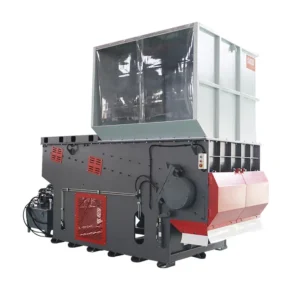
Why is plastic waste such a big issue in South America?
Let me paint a picture.
South America generates over 17 million tons of plastic waste annually, but only a tiny fraction—about 4.5%—is actually recycled.
Why? Here’s the brutal truth:
-
Many cities lack proper waste segregation systems.
-
Plastic is often dumped into rivers, streets, or burned.
-
Informal recyclers do most of the heavy lifting—without support or safety.
Brazil, for example, has impressive environmental laws—on paper. But enforcement? Not so much.
And when you’ve got thousands of types of plastic in circulation, it’s like trying to play Tetris with spaghetti.
What’s holding back recycling efforts?
One word: infrastructure.
Sure, there’s passion, there’s policy, and there are thousands of hardworking waste pickers. But most of the recycling facilities I’ve seen across South America are:
-
Underfunded
-
Underequipped
-
Overworked
Municipalities lack the budget to build sorting plants. Rural areas often have zero collection services. And even in big cities like Bogotá or São Paulo, recyclables are tossed in with general waste.
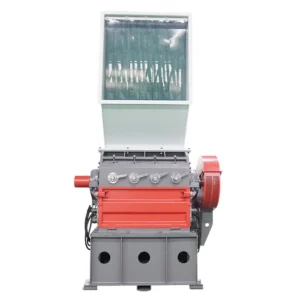
What role do informal recyclers play?
A big one.
In fact, in countries like Colombia and Peru, up to 90% of all recycled material is collected by informal waste workers—also called “catadores” or “recicladores.”
These folks:
-
Pick through landfills or city trash bins.
-
Collect, sort, and sell recyclables by hand.
-
Operate with zero healthcare, legal rights, or stability.
Honestly, they are the unsung heroes of recycling—but they’re invisible to the system.
Some NGOs and startups are working to integrate them into formal collection programs. That’s a good start. But we need more support, tools, and protection for these frontline warriors.
Are governments doing enough?
Well, it depends who you ask.
There’s no shortage of laws. Every time I visit a South American country, someone hands me a shiny environmental policy.
Brazil has the National Solid Waste Policy. Chile has the Extended Producer Responsibility Law. Argentina has plastic bag bans in major cities.
But implementation? That’s where it all falls apart.
Weak enforcement, corruption, lack of public education, and zero incentives for businesses mean that the best policies often gather dust while plastic gathers in rivers.
We need not just policies, but enforceable systems.
How is Amige involved in solving these challenges?
This is where we roll up our sleeves.
At Amige, we’ve partnered with recyclers in Ecuador and Paraguay to install low-energy crushing systems in remote areas. We’re testing solar-powered shredders in Bolivia. And we’re helping build education and maintenance programs for small co-ops in Brazil.
I believe in the power of tech with context. You can’t just drop a million-dollar recycling line into a favela and expect magic.
So we:
-
Customize compact crushing machines.
-
Offer mobile shredding units for rural areas.
-
Train local teams in machine maintenance and sorting.
It’s not charity. It’s smart, sustainable business with impact.
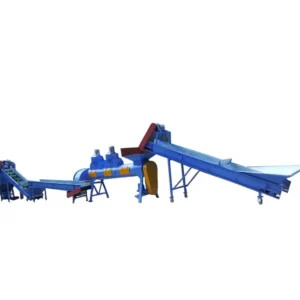
What about the environmental consequences?
Brace yourself.
Open dumping and incineration of plastic have created:
-
Toxic air pollution
-
Massive microplastic pollution in rivers
-
Harm to wildlife and fisheries
-
Human exposure to carcinogenic substances
The Amazon basin—arguably the planet’s lungs—is now dealing with plastic trash washing into its waters.
And let’s not forget climate change. Plastic production emits greenhouse gases. Poor disposal releases methane. Every bag burned is a punch to the ozone layer.
The fight for plastic recycling is a fight for the entire ecosystem.
What solutions are showing promise?
Not all is doom and gloom.
Here are some success stories I’ve personally witnessed:
-
Chile’s startup boom: Dozens of green tech companies are launching recycling and upcycling platforms.
-
Medellín’s urban plastic collection zones: Smart bins and digital rewards for citizens.
-
Brazil’s reverse logistics programs: Brands taking back their own packaging.
And don’t forget public awareness. People are waking up. Young South Americans are pushing for cleaner habits, bans on single-use plastics, and pressure on brands.
How can smart technology help?
Here’s where it gets exciting.
Just like we’ve done in Asia and Africa, South America is ripe for a tech-driven leap. Think:
-
Smart crushers with IoT sensors to track efficiency.
-
AI-powered sorting for plastic types.
-
Cloud-based systems to coordinate informal collectors.
-
Blockchain traceability for recycled plastic in the supply chain.
We at Amige are pushing hard on this. Our pilot in Peru uses AI to detect contaminants in real-time during shredding. Accuracy? 92%. That’s not just cool—it’s game-changing.
Tech won’t solve everything. But it can definitely speed up the clean-up.
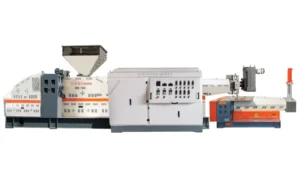
Conclusion
South America’s plastic challenge is real—but not hopeless. With smarter systems, support for informal workers, and tech-powered solutions, we can flip the script. At Amige, we’re not just watching the problem—we’re crushing it.
